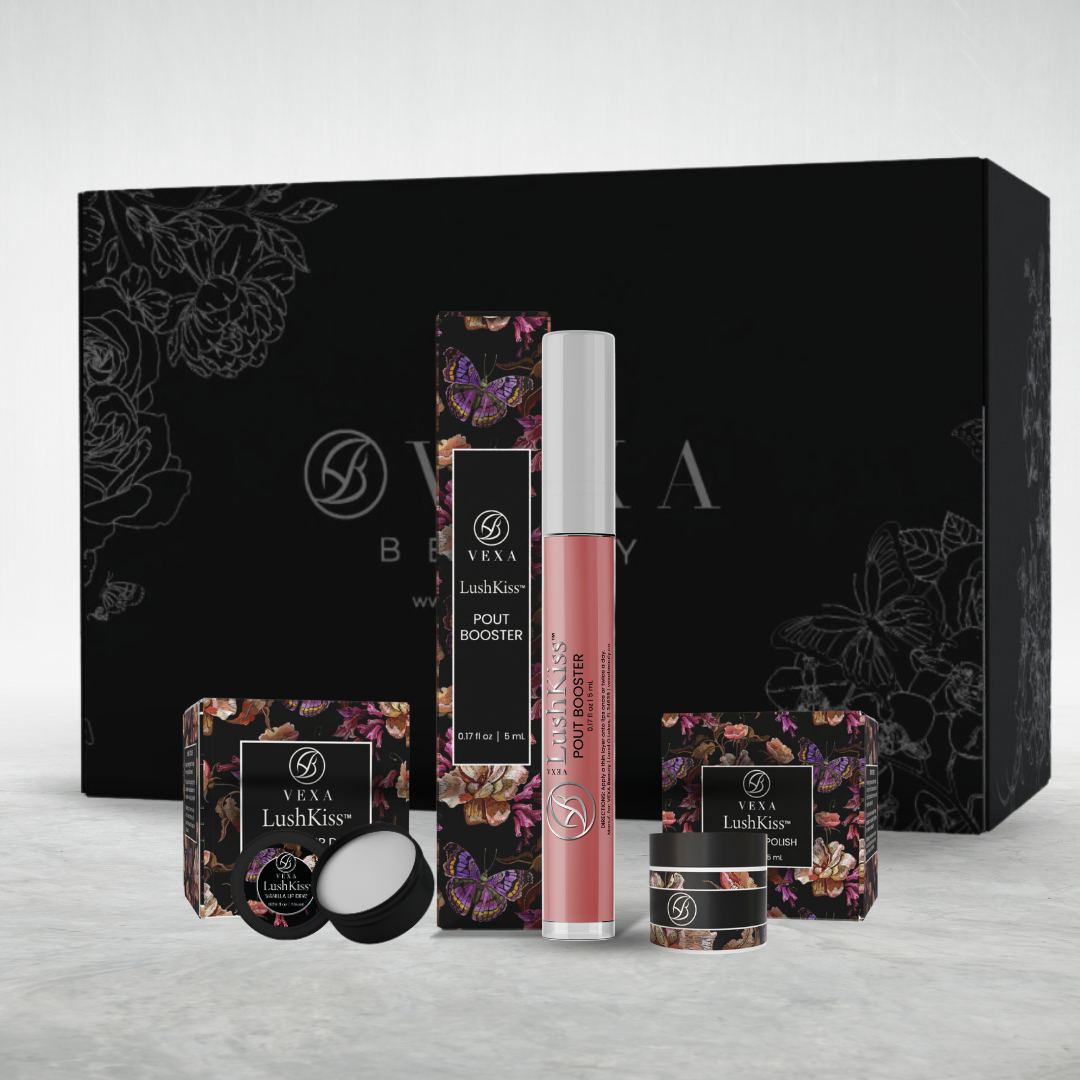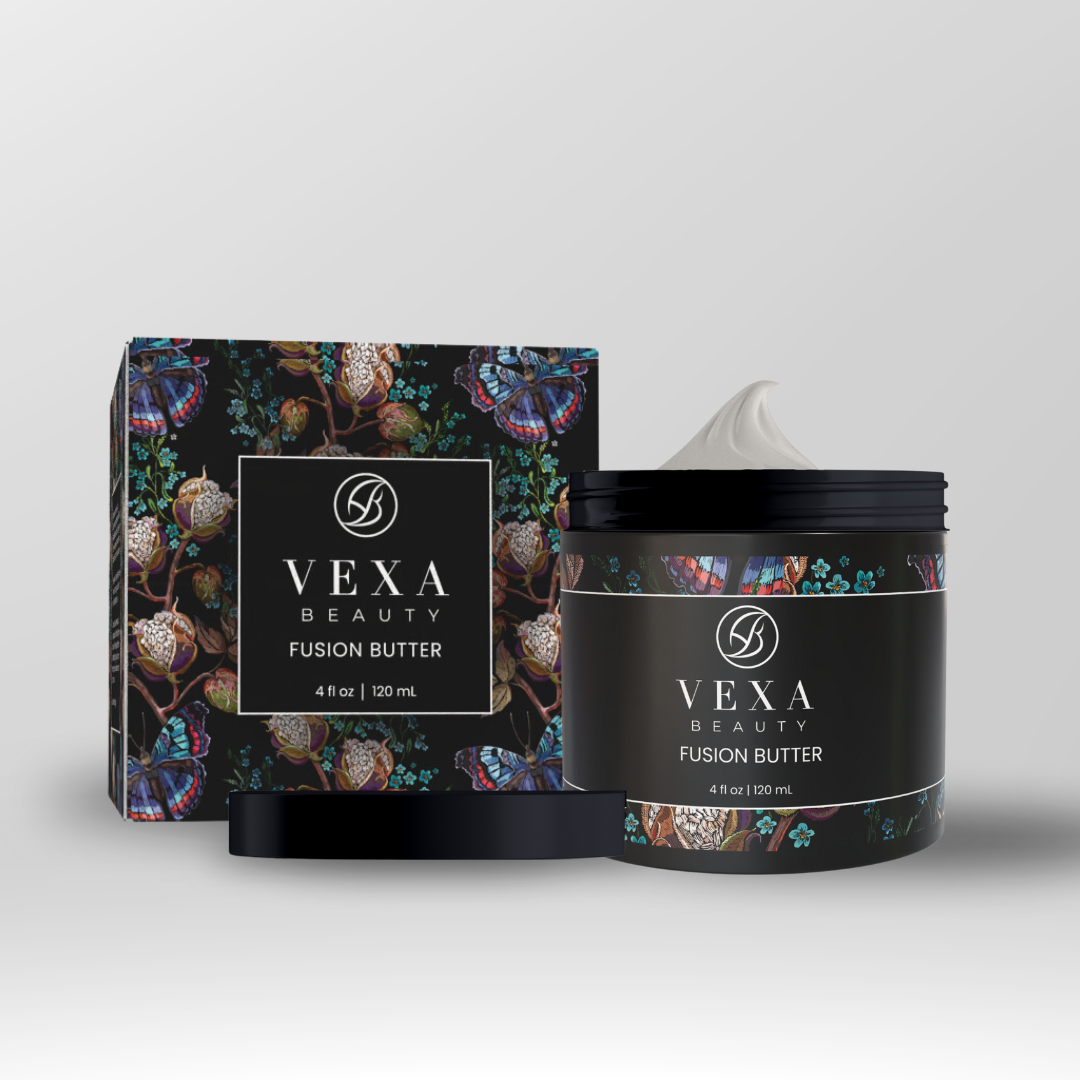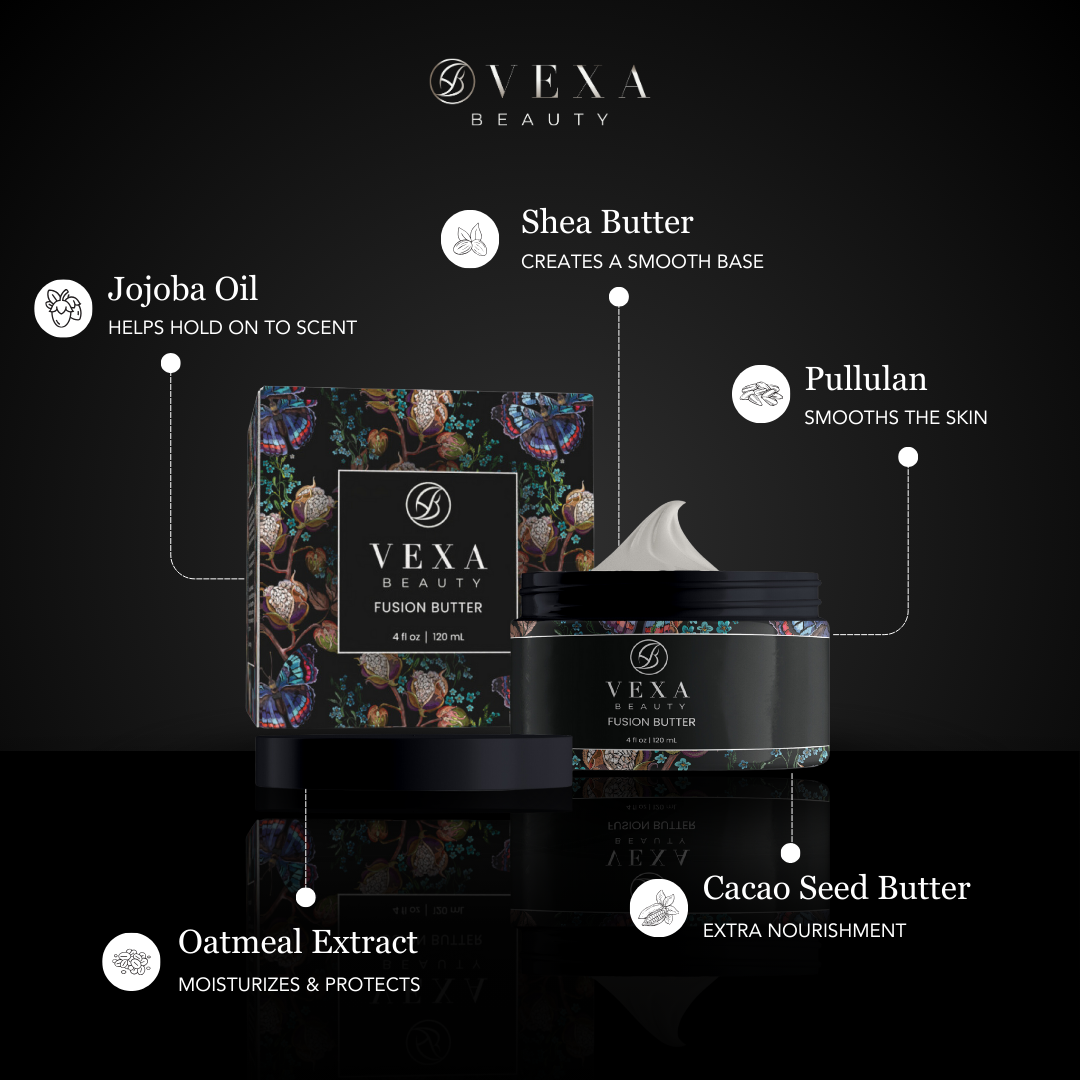Ever heard of the "love hormone"? That’s oxytocin – a chemical your body naturally produces when you're feeling connected, bonded, or just plain good. It plays a big role in everything from childbirth to social bonding, and recently, it's made its way into the beauty world.
One of the latest innovations? Oxytocin-infused perfumes. VEXA Beauty is pioneering this exciting new trend, so let’s break down what oxytocin perfumes are all about and why they’re becoming a favorite among women.
What’s the Deal with Oxytocin?
Oxytocin is often called the “love hormone” or “bonding hormone” because of its strong connection to emotions like trust, affection, and social bonding. It's naturally released by the brain in response to certain stimuli, such as hugging, touching, or even seeing someone you love.
This powerful peptide can create feelings of calm, reduce stress, and increase your overall sense of well-being.
While oxytocin is primarily known as a hormone, it can also be synthesized in laboratories as a peptide. This synthetic version of oxytocin can be used in various products, including perfumes.
By incorporating oxytocin into fragrances, the goal is to amplify the emotional and mood-boosting effects that scents already have, making your perfume experience even more powerful.
Oxytocin Perfume – How It Works
So, how does it actually work when mixed into your favorite scent? Perfume already has the power to influence your mood—certain notes like jasmine, vanilla, and sandalwood are known for their calming, confidence-boosting, or even energizing effects.
But when oxytocin is added into the mix, it can take these mood-boosting benefits to the next level.
Oxytocin-infused perfumes are designed to enhance your emotional experience with scent. Spritzing a perfume that contains oxytocin can help promote feelings of calm, increase your confidence, and even make social interactions feel smoother.
The combination of your brain's response to oxytocin and the sensory impact of fragrance works together to create an uplifting, mood-enhancing experience. And it can even attract others.
Are There Any Side Effects?
One of the great things about oxytocin perfumes is that there are no known side effects when inhaled. Unlike some topical or ingested products, where ingredients might cause irritation or other issues, inhaling oxytocin in perfumes is considered completely safe.
It’s also worth noting that while the oxytocin in these perfumes can help create mood-enhancing effects, it's not going to flood your system with massive doses. Instead, it offers a subtle, layered experience.
Many women who have tried VEXA perfumes infused with oxytocin report feeling calmer, more at ease, and more confident.
They’ve found that the blend of seductive floral notes like Turkish Rose and jasmine, paired with sandalwood and vanilla, not only smells amazing but also helps improve their mood and sense of well-being throughout the day.
VEXA Beauty is the first fragrance brand to formulate perfumes with oxytocin, and women are loving the results.
We’ve created a fragrance experience that goes beyond just smelling good!
By combining luxurious, mood-boosting and aphrodisiac notes with the bonding effects of oxytocin, these perfumes are designed to make you feel more confident, connected, and at peace.
Ready to give it a try? Discover VEXA’s oxytocin-infused perfume collection and see how these mood-enhancing scents can make you feel your absolute best.
==
Sources:
Carter CS, Kenkel WM, MacLean EL, Wilson SR, Perkeybile AM, Yee JR, Ferris CF, Nazarloo HP, Porges SW, Davis JM, Connelly JJ, Kingsbury MA. Is Oxytocin "Nature's Medicine"? Pharmacol Rev. 2020 Oct;72(4):829-861. doi: 10.1124/pr.120.019398. PMID: 32912963; PMCID: PMC7495339.
Ito E, Shima R, Yoshioka T. A novel role of oxytocin: Oxytocin-induced well-being in humans. Biophys Physicobiol. 2019 Aug 24;16:132-139. doi: 10.2142/biophysico.16.0_132. PMID: 31608203; PMCID: PMC6784812.
Kosfeld, M., Heinrichs, M., Zak, P. et al. Oxytocin increases trust in humans. Nature 435, 673–676 (2005). https://doi.org/10.1038/nature03701
Hopkin, M. Trust in a bottle. Nature (2005). https://doi.org/10.1038/news050531-4


















